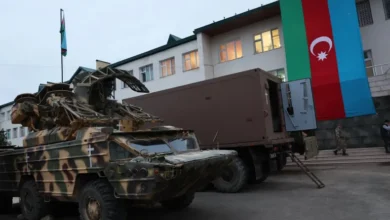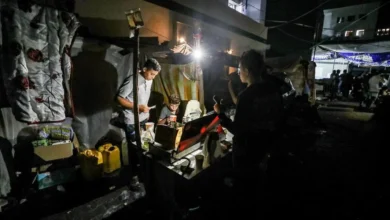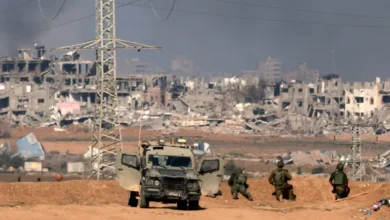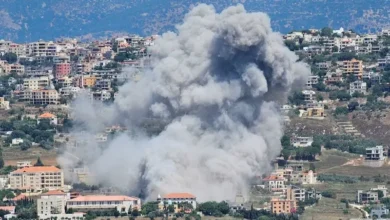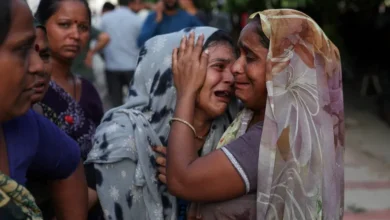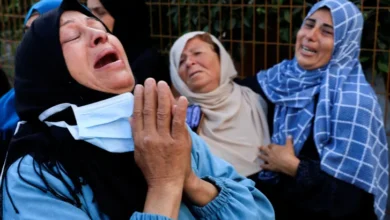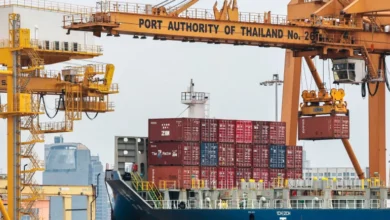Amnesty calls for global action to mitigate heatwaves in Pakistan
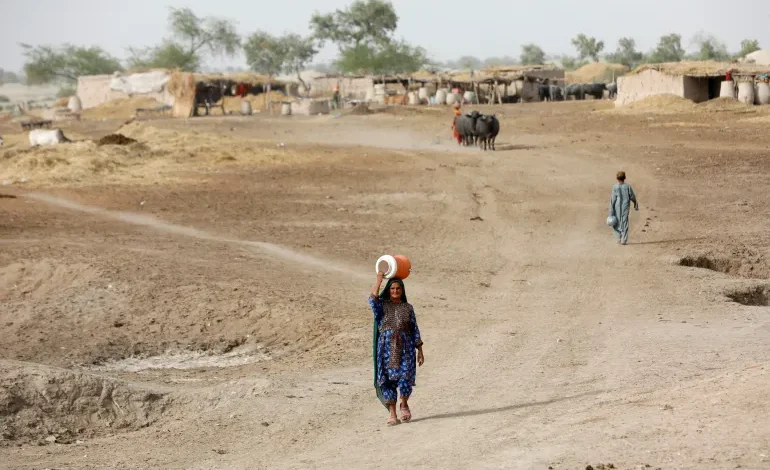
A prominent human rights organisation has issued an urgent plea for global action to protect Pakistan from extreme heatwaves, saying the South Asian country is at the “frontline of the climate crisis”.
In a report to mark World Environment Day on Monday, Amnesty International said Pakistanis are particularly vulnerable to heatwaves because they lack the means to protect themselves against high temperatures.The report, titled A Burning Emergency: Extreme Heat and the Right to Health in Pakistan, examined the impact of searing heatwaves on people living in some of the world’s hottest cities.
“Climate injustice is starkly visible in Pakistan, with its 230-million population facing severe consequences despite the country’s disproportionately small contribution to global climate change,” it said.
According to the Global Climate Risk Index, published by the Berlin-based nonprofit Germanwatch, Pakistan is among the 10 countries most harmed by disasters related to climate change in the past two decades despite contributing less than 1 percent of the world’s planet-warming gases.
In 2022, more than 1,800 people died and 33 million were affected by catastrophic floods, which submerged almost one-third of Pakistan. The deluge was blamed on record rainfall and melting of glaciers – both caused by climate change.
“Despite their small contribution to climate change, its people face disproportionately severe consequences which are often life threatening. Tackling a climate crisis of this scale requires global attention and action. Wealthier countries must make no mistake about the important role they play,” said Dinushika Dissanayake, Amnesty’s deputy regional director in South Asia.Amnesty said its report was based on the accounts of 45 people interviewed by the rights group during the summers of 2021 and 2022 in Lahore, the capital of the eastern province of Punjab, and Jacobabad, a city in the southern province of Sindh where temperatures in June 2021 reached 52C (125.6F).
People whose professions mean they are at higher risk of exposure to heat, such as those working in agriculture, at brick kilns and factories or as delivery riders, police officers and sanitation workers, were also interviewed.
Amnesty said it found people complaining about heatstroke, shortness of breath and dizziness with some even needing emergency hospital care. It has urged the Pakistani government to formulate plans for millions of people vulnerable to the health impacts of extreme heat.
The rights group said more than 40 million Pakistanis live without electricity while many others get erratic power supplies because of lengthy outages.
